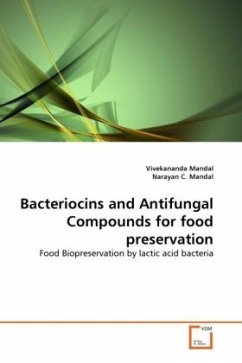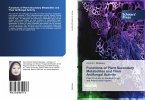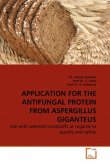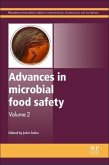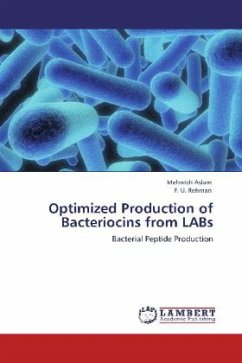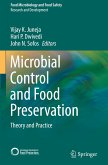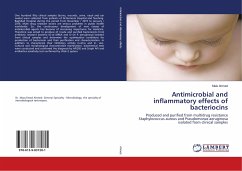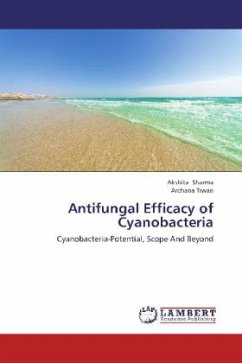Lactic acid bacteria (LAB ) produce different types of antimicrobial compounds that can be used in controlling food and feed spoilage . Bacteriocin , one search ribosomally synthesized proteinaceous antimicrobial compound, acts against the closely related bacteria by 'all or none ' mechanism And Thus have least Possibility of resistance development against the bacteriocins . One mostly widely used bacteriocin in food preservation is nisin produced by several species of Lactococcus spp. and trials of other bacteriocins Like pediocin, Helveticin, Enterocins, Piscicolins, Leucocins etc are so being done for effective biopreservatives. Apart from bacteriocins production LAB Thus produce different types of antifungal compounds Which may Therefore be used as to alternative to food and feed preservatives against certain food spoilage fungal strains .

